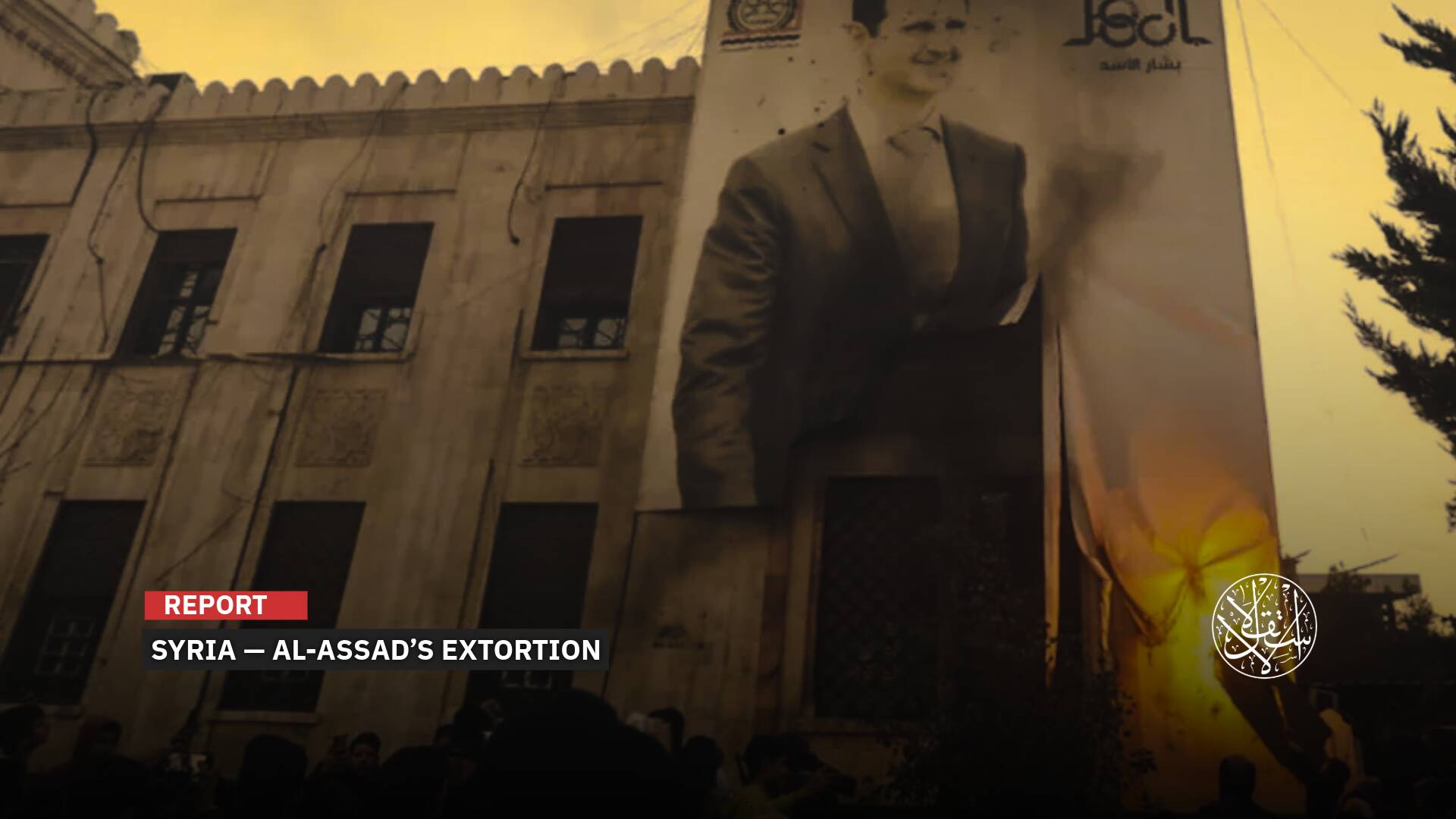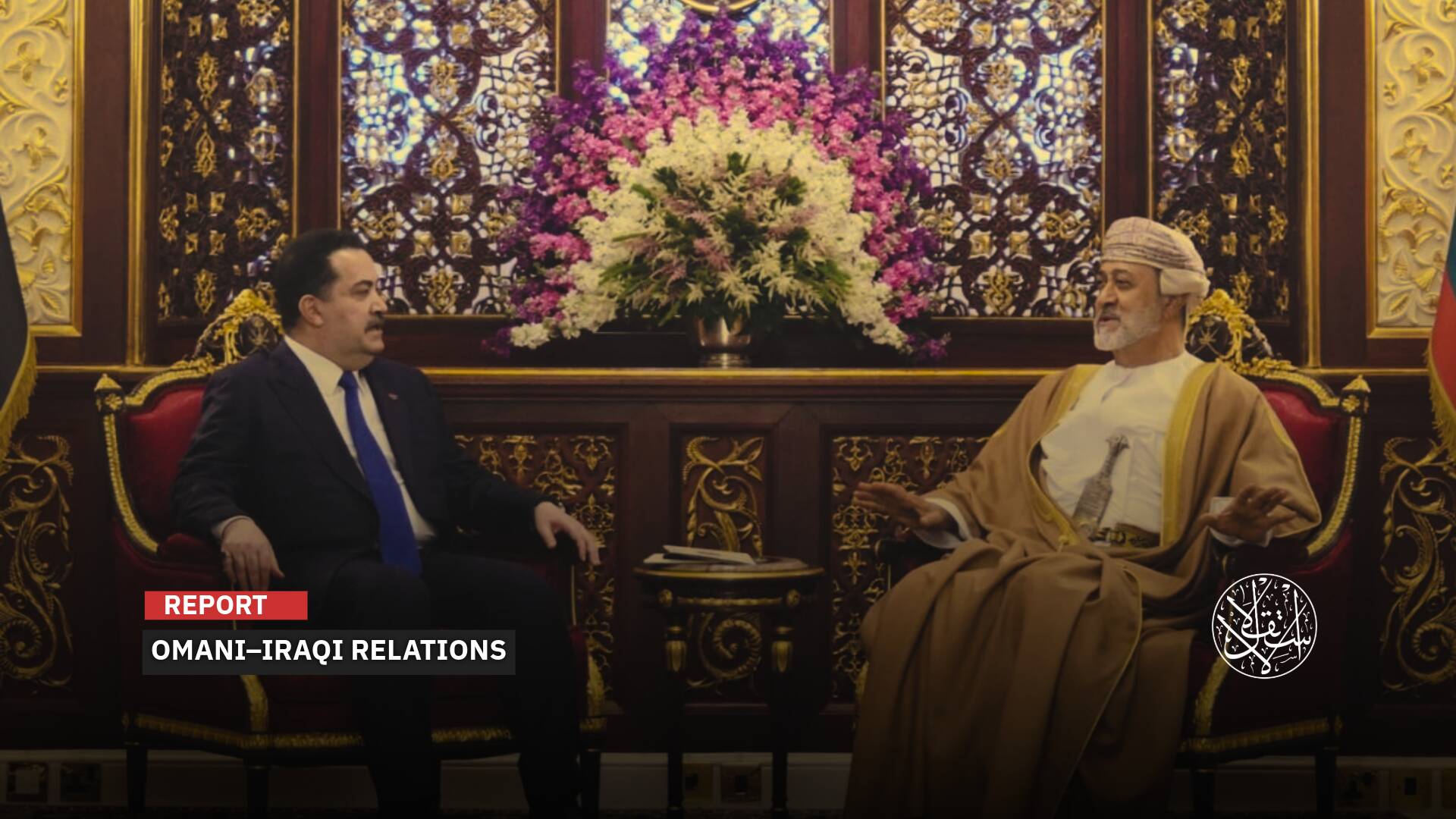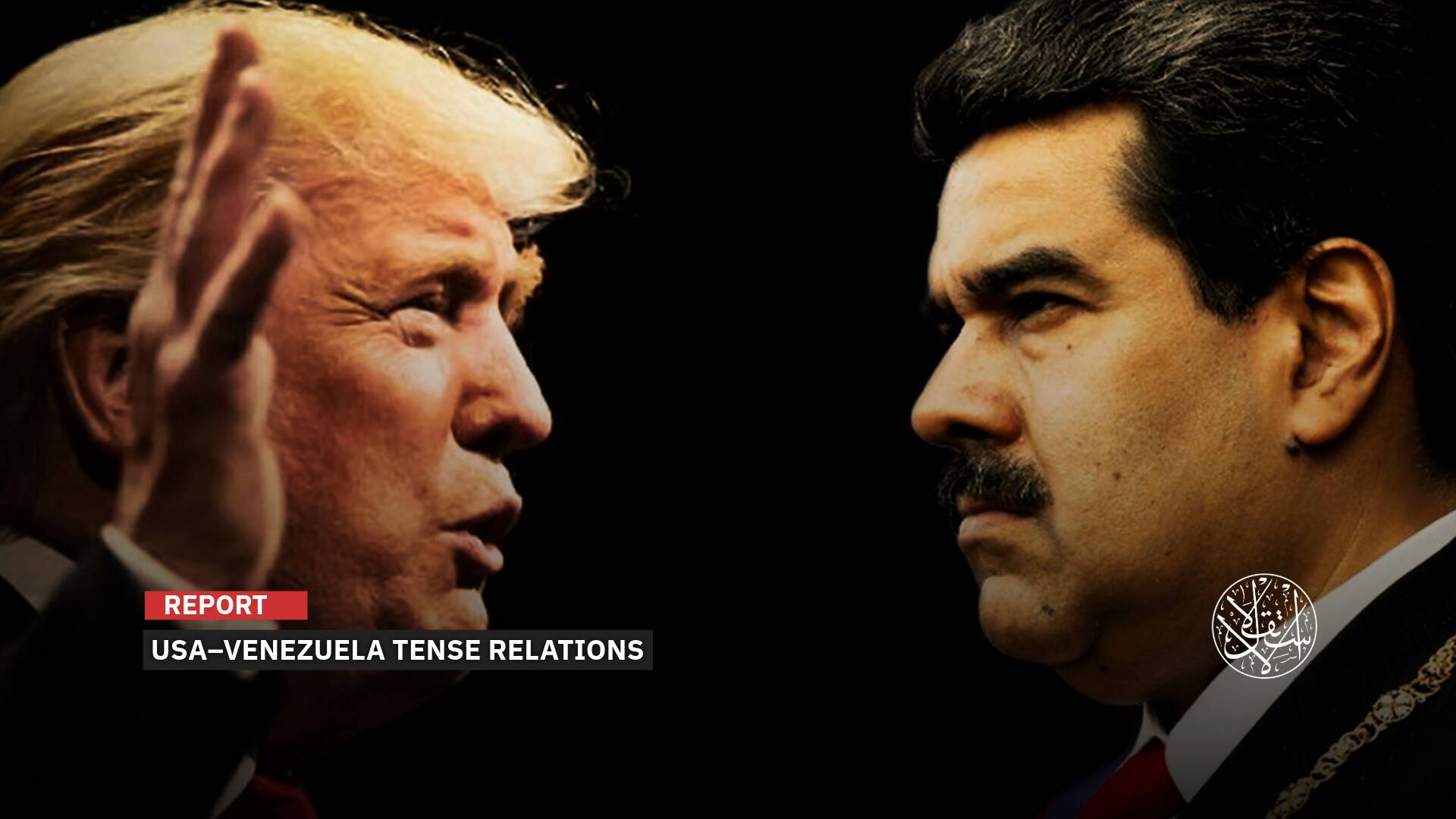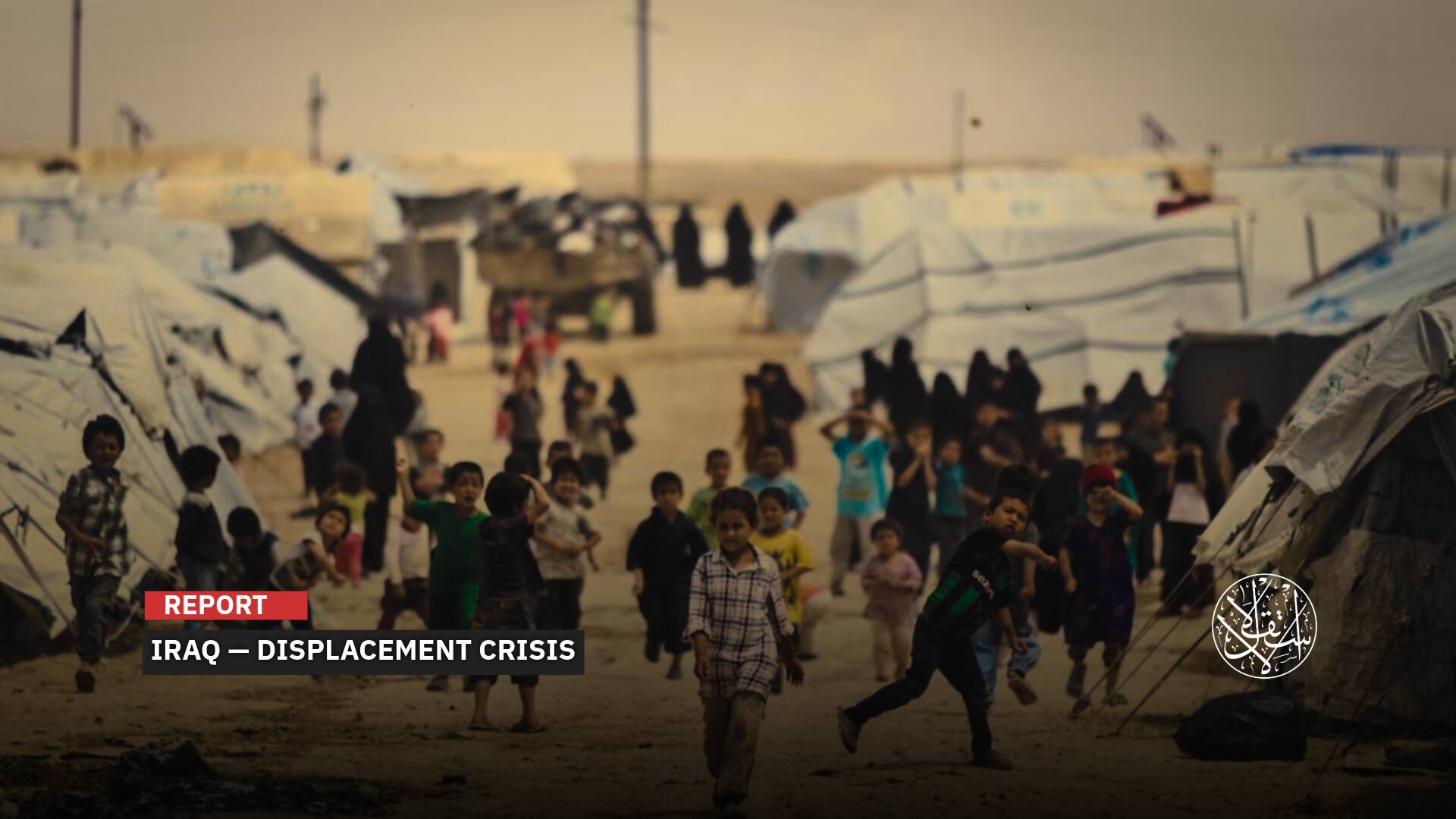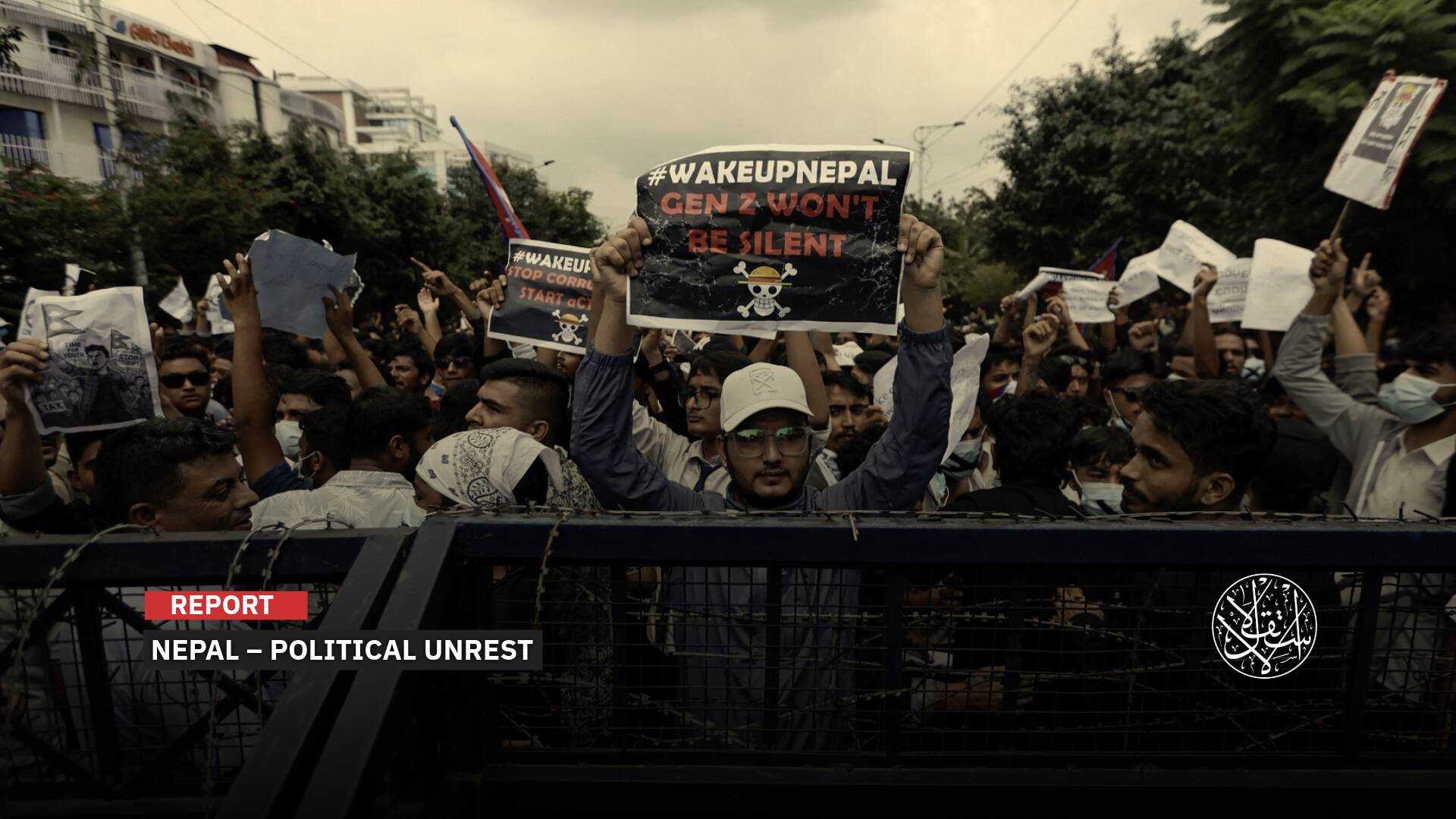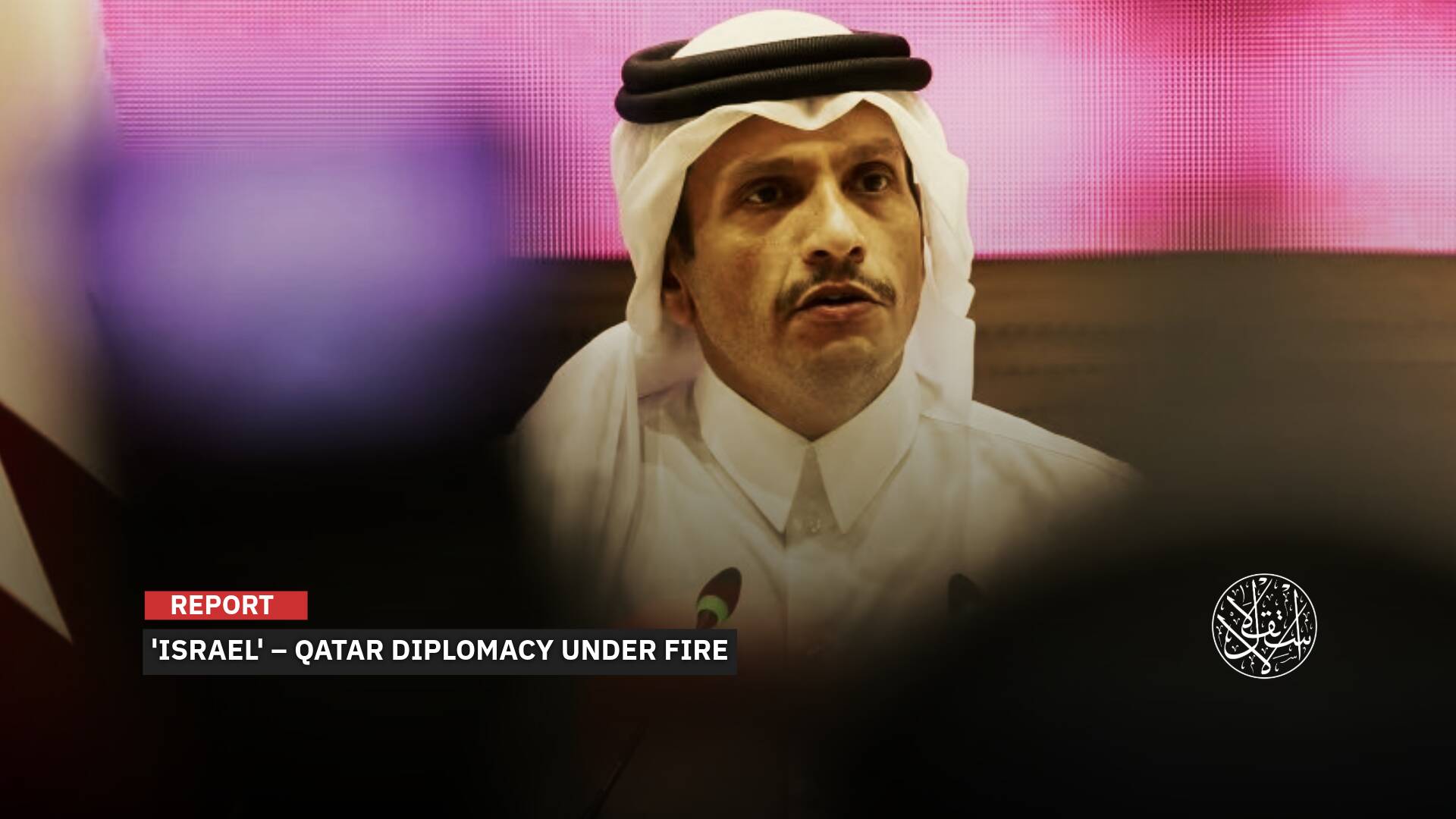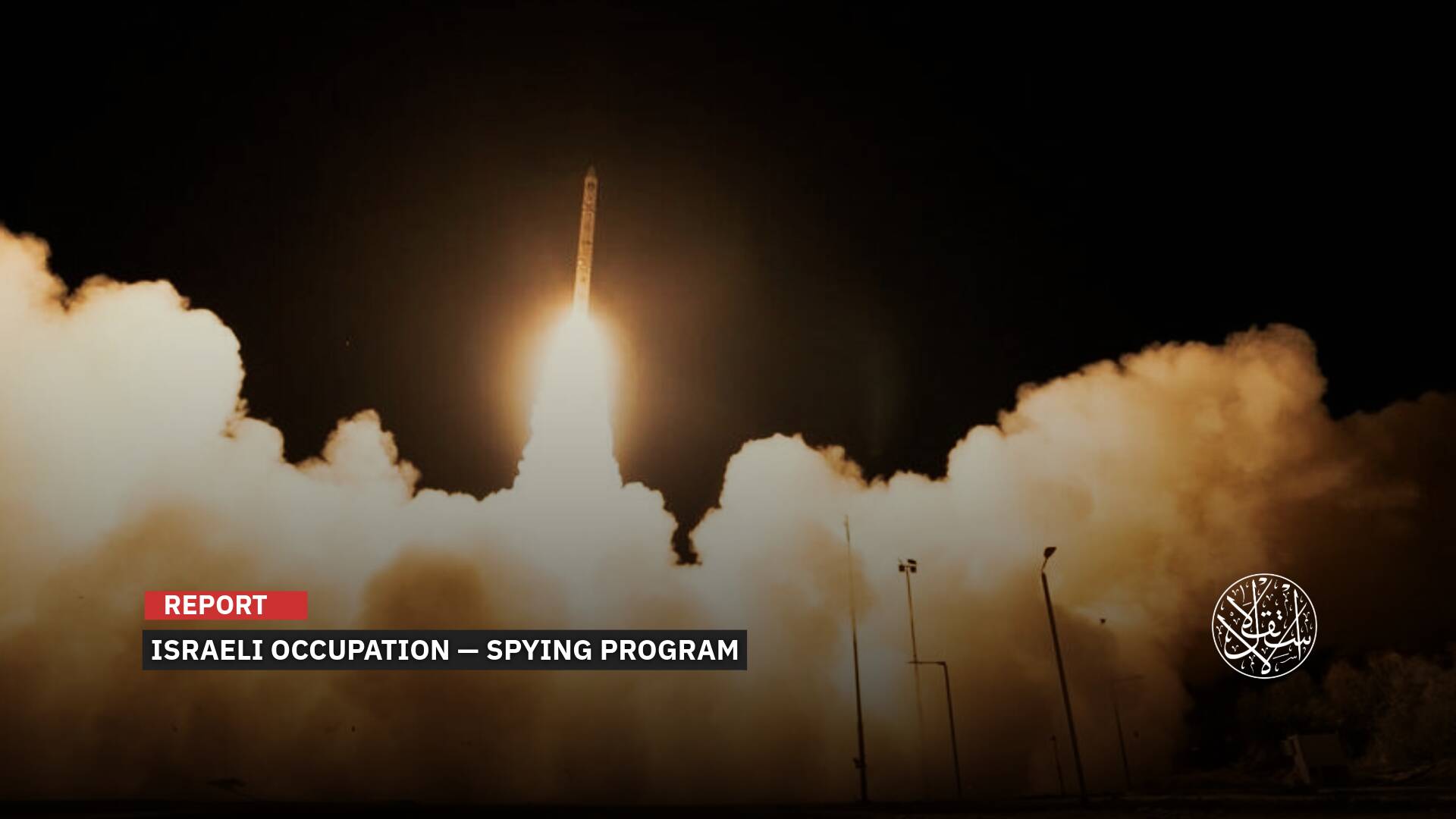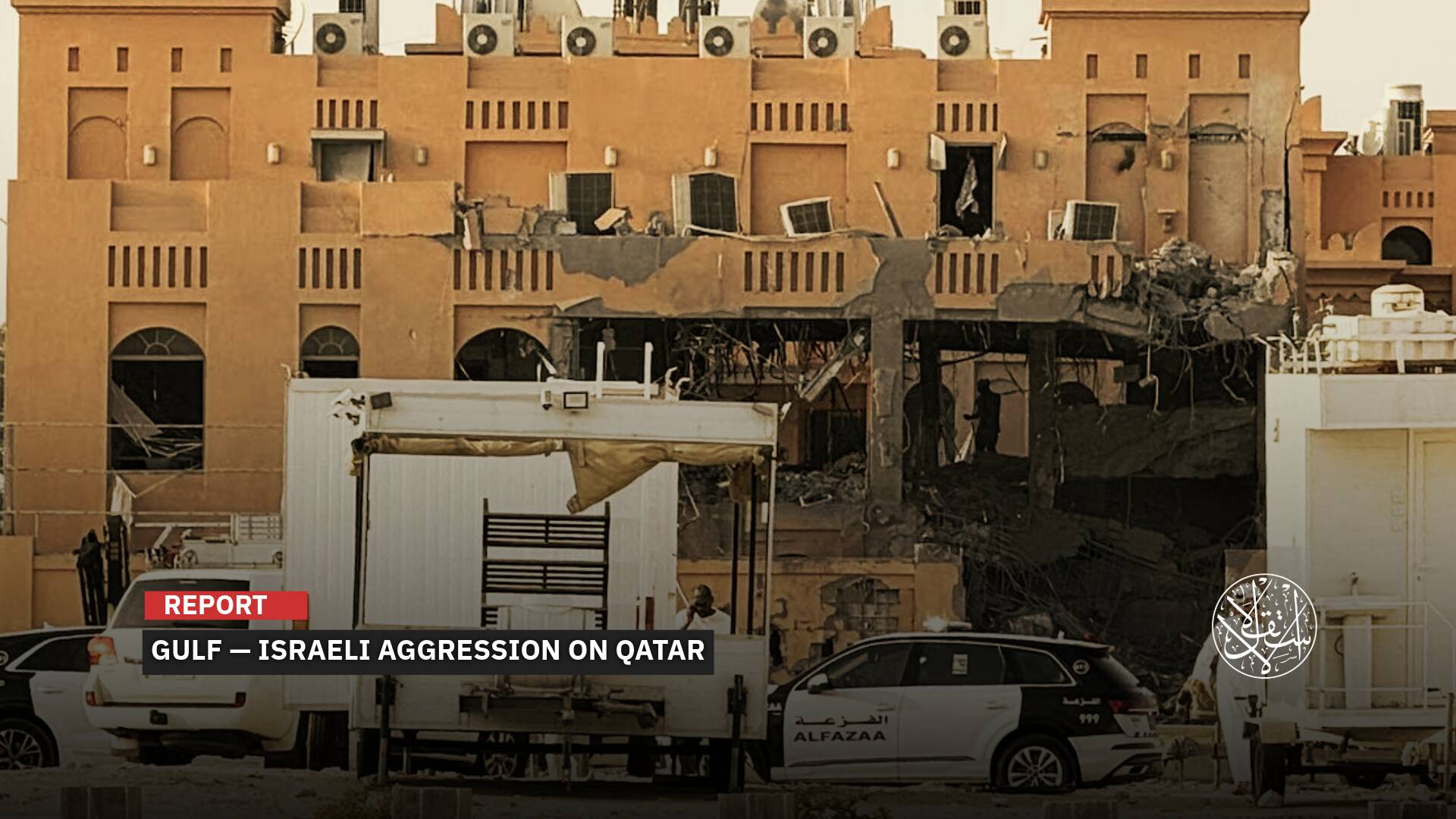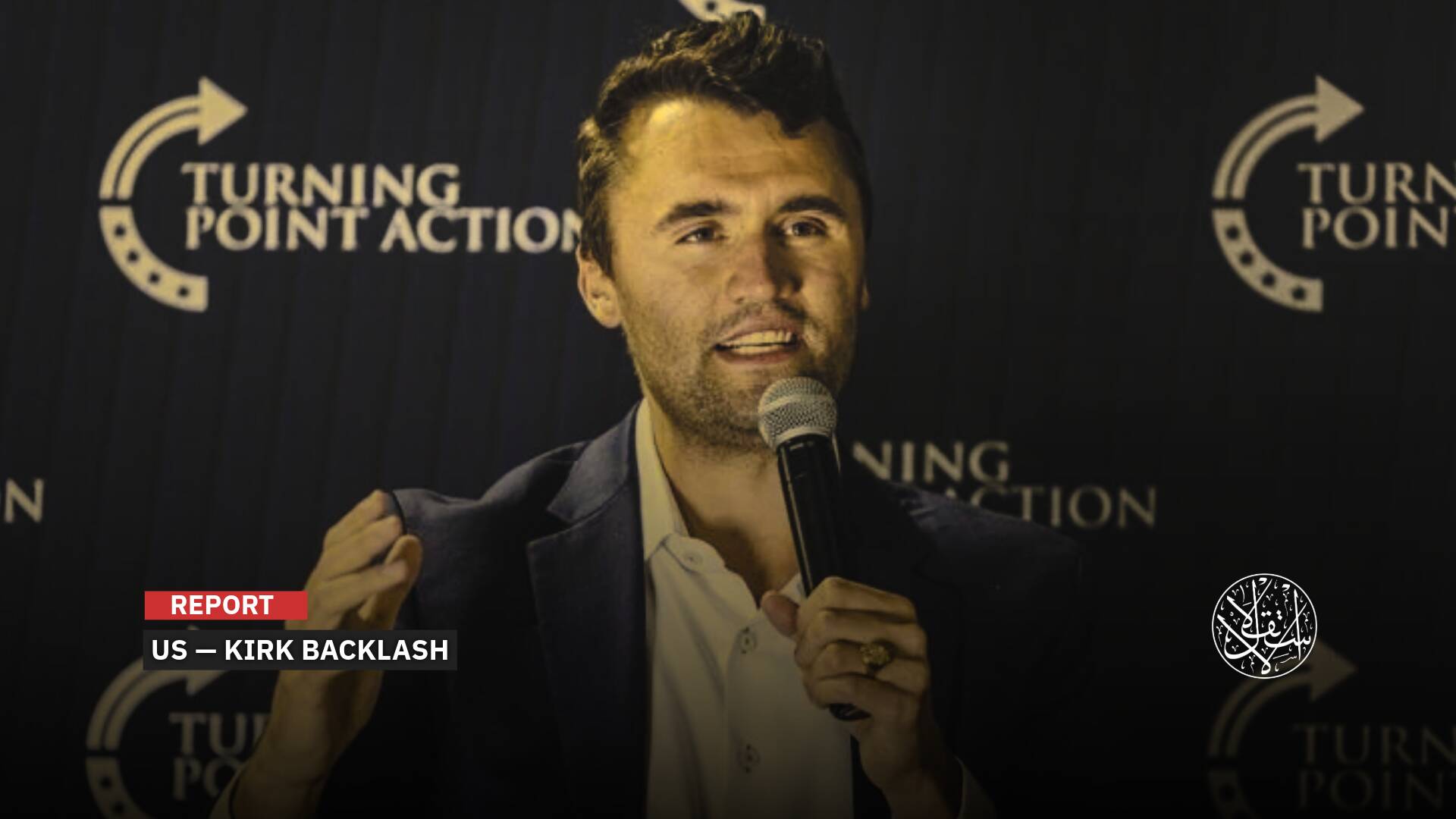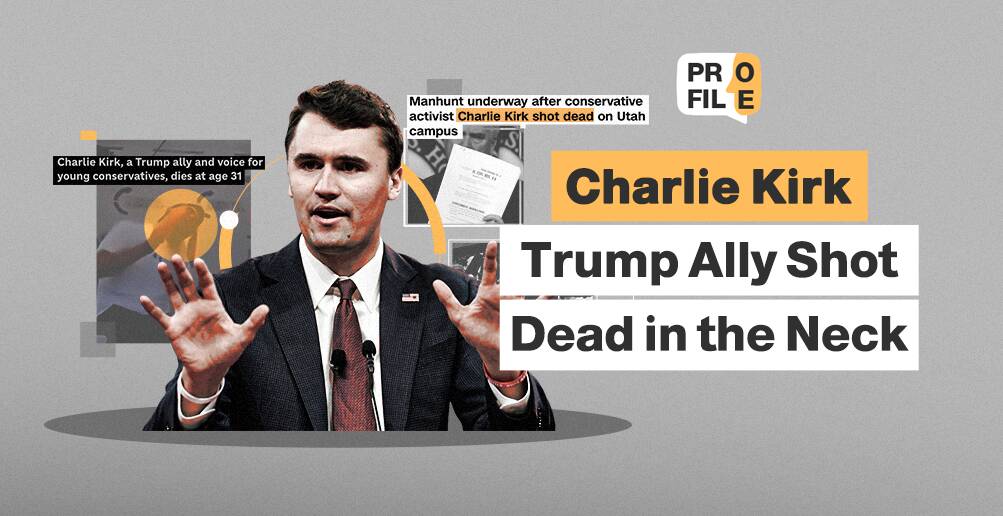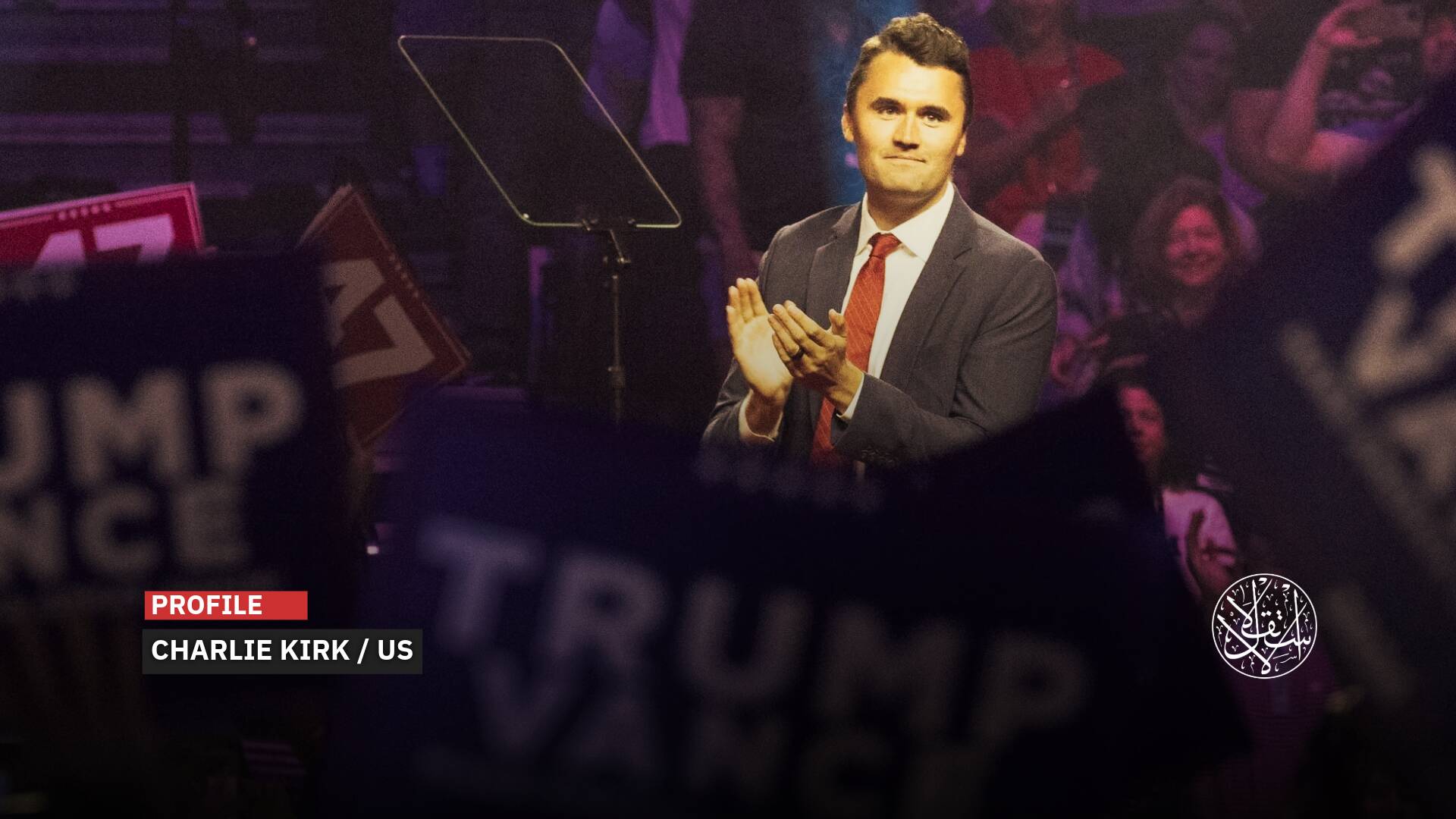Partner or Powerless: Why is the Lebanese Government Failing to Tackle the Counterfeit Drug Trade?

The flow of countThe flow of counterfeit drugs relies on a tightly connected network of collaborators.erfeit drugs relies on a tightly connected network of collaborators.
The phenomenon of counterfeit medicine in Lebanon has become a thriving and profitable trade, run by networks and individuals, some of whom hold official government positions, whose only concern is making vast financial gains at the expense of patients, who are turned into easy prey for them.
Since the outbreak of Lebanon’s economic crisis in 2019, the trade in illicit and counterfeit drugs has grown in parallel with severe medicine shortages, driven by a scarcity of foreign currency.
Counterfeit Drugs
Counterfeit drugs have flooded the Lebanese market and become widespread, while the government remains unable to put an end to the smuggling of fake and expired medicine — despite its catastrophic impact on public health and the serious threat it poses to the country’s pharmaceutical and health security.
In yet another scandal — far from the first of its kind in Lebanon — authorities have arrested individuals involved in the trafficking of counterfeit drugs, part of an organized network of corruption and negligence stretching from border crossings to certain pharmacies and official institutions.
Among the counterfeit drugs were treatments intended for cancer patients, which were swapped with Ministry of Health supplies and sold at inflated prices — while patients were handed fake medication.
The arrests followed an investigative report aired by local broadcaster Al Jadeed on June 5, 2025, which shed light on the issue.
The report revealed the existence of smuggling networks trafficking counterfeit drugs used to treat serious illnesses, with an estimated value of $40 million.
The investigation named Maria Fawaz, wife of General Security officer Mohammad Khalil, as the “mastermind behind cancer drug smuggling in Lebanon,” accusing her of defrauding a group of businessmen out of more than $30 million in suspicious pharmaceutical deals, smuggling the drugs through Beirut’s Rafic Hariri International Airport.
Local media reported that the officer’s wife fled the country to Georgia after running a pharmacy in Hay Madi, a district in Hezbollah’s stronghold in the southern suburbs.
The pharmacy was among several recently shut down by security forces.
The investigation also revealed that Fawaz had been leading a medicine donation initiative and working with charities involved in drug distribution, according to Al Jadeed.
The report featured what it described as a key witness— a woman who claimed she received counterfeit medication from high-ranking officials in the Lebanese state, who personally delivered the drugs to her home.
The report’s authors emphasized that the aim was to push the judiciary to uncover which senior state officials are protecting and collaborating with the “medicine mafia,” particularly as authorities have arrested individuals who worked with Maria Fawaz in distributing the drugs and transferring money to her.
Amid mounting public pressure and widespread outrage, the Lebanese judiciary has launched a broad investigation into the case.
As authorities began to act, it was discovered that Maria Fawaz had already left the country.
Her husband, however, was unable to flee and is currently under investigation.
The main suspect in the case — officer Mohammad Khalil — is the brother of current MP and former finance minister Ali Hassan Khalil.
He also serves as the political aide to Nabih Berri, the leader of the Shia Amal Movement and speaker of parliament.

A Large Network
Serious questions have been raised over the possible involvement of the MP himself and the full extent of the network, particularly as the investigative report managed to uncover threads of the counterfeit drug ring — a web that includes power brokers, middlemen, businessmen, and marketers.
In response, the parliamentary health committee held an emergency session attended by the ministers of health, justice, defense, and interior, along with senior officials from the army and customs.
The meeting resulted in the drafting of a roadmap aimed at tackling the spread of counterfeit and smuggled drugs in the Lebanese market.
The importance of pursuing the case and arresting those involved, regardless of their status, stems from the fact that the issue of counterfeit drugs is not merely a matter of commercial fraud.
It strikes at the very heart of the country’s healthcare system, endangering the lives and safety of thousands of patients.
Press reports indicate that four individuals have been detained, including officer Mohammad Hassan Khalil, an unnamed Internal Security Forces captain, and two drug dealers.
One of the most alarming revelations in the case is that among the counterfeit drugs were treatments intended for cancer patients, which were swapped with Ministry of Health supplies and sold at inflated prices, while patients received fake medicines containing no active ingredients.
A comprehensive assessment revealed that large quantities of drugs entering the country during this period were either past their expiry dates or lacked any proof of containing active substances, according to laboratory test results.
The crackdown on illicit networks and rogue pharmacies — which tarnish the reputation of the vast majority of legitimate outlets that comply with professional regulations and standards — reflects a serious and practical step towards combating the surge of smuggled and counterfeit medicines flooding the Lebanese market.
This is especially critical given that the “medicine mafia” includes influential figures who have profited from the crisis in the sector and the absence of accountability in Lebanon.
Lebanese MPs have asserted that the volume of smuggled and counterfeit drugs “amounts to roughly a third of the sector’s total sales.”
In response, security forces conducted a series of raids, most notably targeting an apartment in the Baabda district of Bermana, where large quantities of counterfeit and smuggled drugs were seized.
The operation uncovered an organized network involving around 70 pharmacies across various regions, all implicated in the sale and distribution of illegal and counterfeit medicines.
Following this, another raid targeted a major pharmacy in Beirut, where approximately 1,700 boxes of illicit drugs were confiscated, according to the local newspaper An-Nahar.

Weak Oversight
In this context, pharmacist Salim Mansour, who owns a pharmacy in Beirut, said, “The trade in counterfeit and expired drugs on Lebanon’s black market has been thriving for years, involving a complex web of corrupt officials, security personnel, traders, and private pharmaceutical companies.”
“What has happened is the result of a failure to properly regulate every shipment of medicine entering Lebanon, which should be officially registered with the Ministry of Health and subjected to rigorous laboratory testing,” Mansour told Al-Estiklal.
“The absence of such standards has allowed smuggling and fraud networks in the pharmaceutical sector to flourish, especially since the composition of medicines must be verified through official analyses and documents submitted to the relevant regulatory authorities.”
“Smuggling operations across the borders and the airport have enabled large quantities of unregistered and untraceable drugs to enter the country, with discrepancies between the ingredients listed on the packaging and those in the accompanying leaflets — a clear indication that these medicines are counterfeit and fraudulent.”
“The influx of counterfeit drugs into the market is a highly organized operation, not an easy feat; it only happens with a connected network of collaborators working to bypass government oversight. Some pharmacies receive these drugs without the approval of Ministry of Health-certified laboratories, following forged test reports from Beirut Arab University’s lab — with even the health minister’s signature falsified,” Mansour continued.
Although licensed pharmacies remain the safest place for patients to obtain medication, Lebanese citizens complain about the difficulty of accessing them, especially since all medicines for chronic and serious illnesses are imported.
Official support for these drugs has ceased, placing patients’ lives at risk and forcing many to turn to the black market, where medicines are sold at lower prices.
“Reforming the mechanisms of drug importation and distribution in Lebanon is the best way to eradicate this deeply rooted phenomenon. Restoring public trust in pharmacies is no easy task and requires concerted government efforts to dismantle these networks and cut off the sources of illegal drug imports,” Mansour added.
Lebanon’s healthcare system, already weakened by successive crises, struggles to meet overwhelming needs.
In 2025, the country received shipments of medical aid from the United Nations, as well as from France, Turkiye, Iraq, Slovakia, and Poland.
Lebanon’s exposure to the Israeli war since October 2023, which forced tens of thousands to flee villages in the south, has contributed to a surge in the sale of counterfeit medicines.
This comes despite official assurances from Lebanese authorities that all drugs registered with the Ministry of Health remained available throughout the recent conflict, with no shortages reported — undermining any justification for smuggling.
Since the onset of the Israeli war on Lebanon, the pharmacy sector has lost around 300 pharmacies that were either completely or partially destroyed, the majority located in the south and subsequently in the southern suburbs of the Bekaa region.
Additionally, 800 pharmacies have been forced to close due to their location in high-risk areas and the displacement of their owners, according to statements made by the head of the Lebanese Pharmacists’ Association, Joe Salloum, in October 2024.
In response, Ismail Sukkarieh, head of the National Health and Social Authority, called in press remarks for the reactivation of the central laboratory, which has been defunct for years, and for a comprehensive reevaluation of medicines on the market to safeguard public health.
Sources
- Counterfeit Drug Scandal: Investigations Expand Amid Protected Networks and Heartbreaking Testimonies [Arabic]
- Counterfeit and Smuggled Drugs Flood Lebanese Markets: Poison in a Pill [Arabic]
- Pharmacy Sector Losses in Lebanon: Hundreds of Pharmacies Destroyed and More Forced to Close [Arabic]
- Maria Fawaz: Corruption Under the Guise of Resistance [Arabic]
- Lebanon Dismantles Drug Smuggling Network Involving Senior Officials [Arabic]


